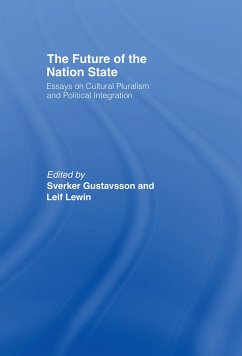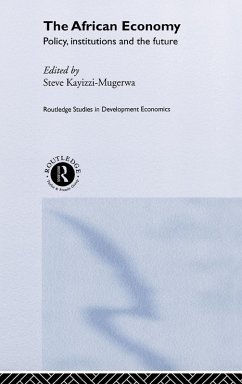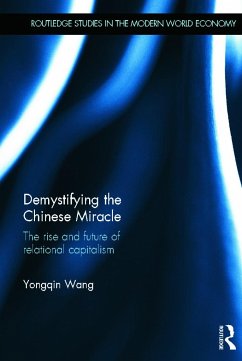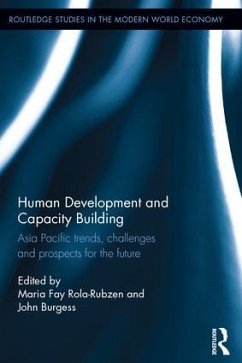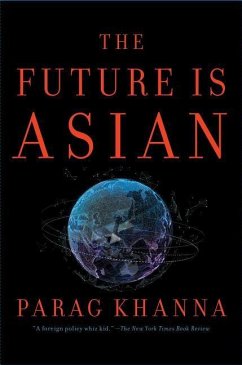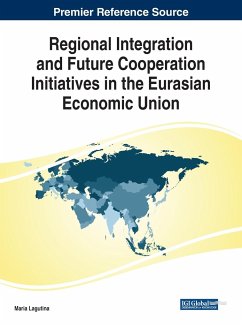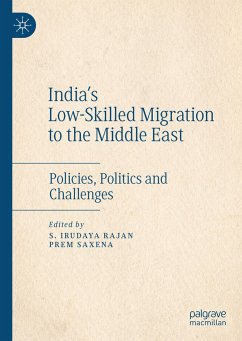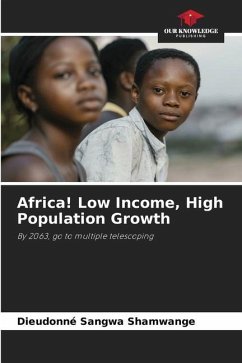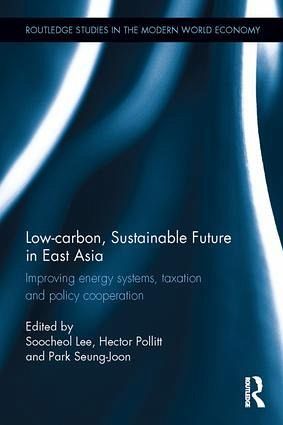
Low-carbon, Sustainable Future in East Asia
Improving energy systems, taxation and policy cooperation
Herausgeber: Lee, Soocheol; Park, Seung-Joon; Pollitt, Hector
Versandkostenfrei!
Versandfertig in 1-2 Wochen
187,99 €
inkl. MwSt.

PAYBACK Punkte
94 °P sammeln!
East Asia is a key region in the global economy, including both the second and third largest global economies already and, led by China, continuing to expand at a rapid rate. This economic growth has led to unprecedented gains in prosperity in the region but it has also led to increasing environmental pressures and energy issues.¿¿¿¿¿¿¿¿¿ This book assesses ways in which East Asia can continue or even increase existing rates of economic growth while at the same time reducing greenhouse gas emissions and other environmental degradation. Using advanced modelling approaches, future scena...
East Asia is a key region in the global economy, including both the second and third largest global economies already and, led by China, continuing to expand at a rapid rate. This economic growth has led to unprecedented gains in prosperity in the region but it has also led to increasing environmental pressures and energy issues.¿¿¿¿¿¿¿¿¿ This book assesses ways in which East Asia can continue or even increase existing rates of economic growth while at the same time reducing greenhouse gas emissions and other environmental degradation. Using advanced modelling approaches, future scenarios for four East Asian countries are assessed in detail, including analysis of particular challenges in each country (e.g. coal power in China, nuclear power in Japan). Prospects for each country's energy system are assessed in detail and the potential effects of various types of Environmental Tax Reform in the four countries are also considered carefully. The final section of the book explores the interaction between trade liberalization, a key driver of growth, and emission levels in the East Asia region.





